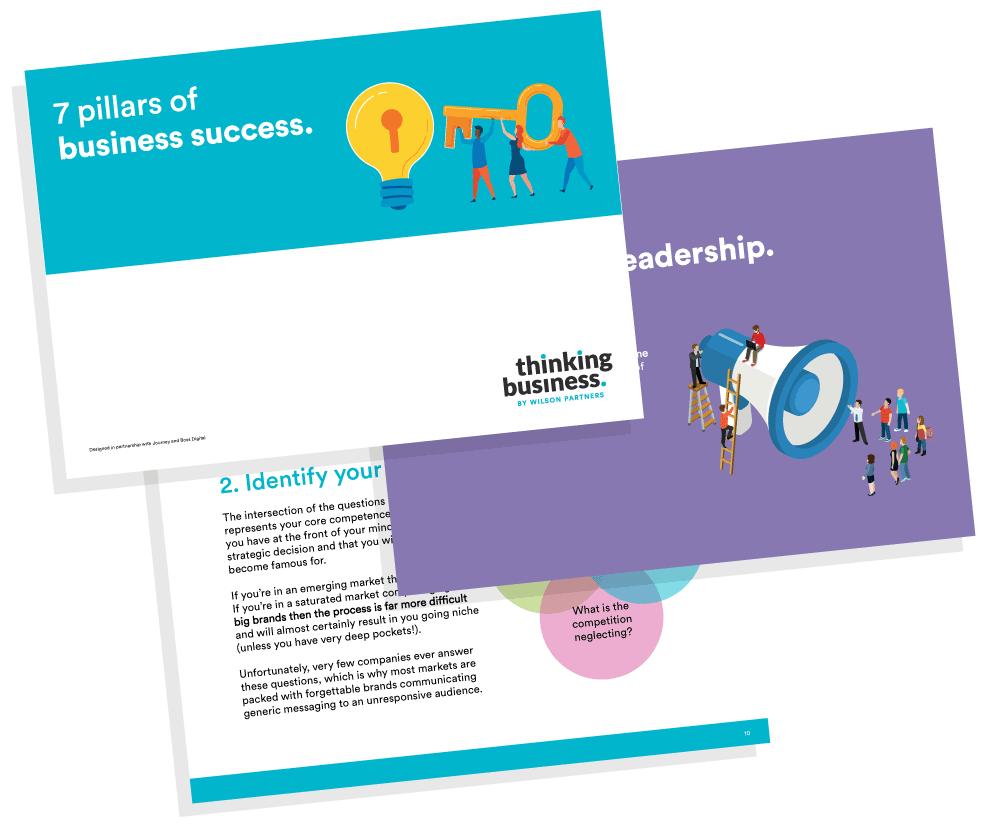
Entrepreneurs’ relief – a very costly lesson
HMRC recognises that to start a business from scratch, then nurture its development, takes blood, sweat and tears. Their reward for your efforts comes in the form of entrepreneurs’ tax relief. When it comes to exiting your business and selling shares, entrepreneurs’ relief can come into effect. The relief means that you will pay only 10% on all gains on qualifying assets, although the devil is in the detail to ensure you do actually qualify. Thank you HMRC for acknowledging the hard work that can be put into developing companies!
This sounds a great way to pay less capital gains tax, however there are set criteria around eligibility of the entrepreneurs’ tax relief of which details can be found at https://www.gov.uk/entrepreneurs-relief. HMRC have recently enhanced their policy around entrepreneurs’ relief to reduce any loopholes and areas open to misinterpretation. It must be remembered that HMRC’s approach to decisions are often consistent and generally their word is final, so it’s best to not try and gauge what their response will be. It could be wrong, and therefore costly.
How a chartered accountant ignored advice costing him £225k
Such is the case highlighted by Taxation Magazine of Mr Phillip Hunt, himself a chartered accountant, who invested in and became chairman of FGL, a speciality web usability and analytics business. The lawyers advised Mr Hunt to take shares in exchange for his £50,000 investment but as nominal 10p shares rather than ask permission of all shareholders to issue £1 shares. Further investments were made and growth occurred. 7 years later FGL decided to seek a buyer and all shares were sold to Ernst & Young. EY advised Mr Hunt that he may not qualify for entrepreneurs’ relief as he did not hold 5% of FGL’s nominal share capital. Their advice was to ‘recapitalise’ his 10p shares so they became £1 shares and wait for a year so that he could benefit from entrepreneur’s relief. Mr Hunt decided to proceed with an immediate sale…..and was issued with a tax bill of over £225k from HMRC. The key issue with the case was that Mr Hunt had more than 5% of the voting rights, but the value of the holding was below 5%. The advice from EY on how to measure the ‘ordinary share capital’ of a company should have been heeded to avoid this huge bill.
Yes, this case is an unusual one as Mr Hunt’s interpretation of the requirements were made, rather than clarified, however there is a moral to the story. Mr Hunt was a chartered accountant, in the trade and with contacts who could advise him. This advice, as demonstrated, can be very valuable so it’s worth seeking it out if you are intending on selling your business and worth bearing in mind the precision with which you must interpret the law in order to qualify. The tax relief saved will enable you to take both the money and the insight from your past business, and help to develop the next one. HMRC changed legislation in 2011 to give an increased entrepreneurs’ relief up to £10m per lifetime. Now, that’s definitely worth investigating some sound business and tax advice.
“As the above case eludes, most owner managers have already assumed that Entrepreneurs’ Relief will be available. This is one of the first things we need to evaluate before negotiating the sale of a business. The basic principles get an owner manager through the first hurdle. The second hurdle is the structure of the Sale transaction. Most companies are not sold for 100% cash on day one, therefore a structure is usually in play. This is useful as it can help enhance the value of the business being sold but needs careful planning and negotiation as Earn-outs, options and deferred consideration depending on the terms DO NOT automatically qualify for Entrepreneurs’ Relief”
Adam Wardle, Head of Wilson Partners Corporate Finance
Wilson Partners provide financial and business advice to clients on a range of accounting, tax and business improvement measures. We can also guide you through the exit process whilst ensuring your eligibility for entrepreneurs’ relief.
Reference: Taxation Magazine 2nd May 2019 – Download full article here
Event
Webinar – Changes to the UK Trust Registration Service, May ’22
A short webinar and Q&A session with our Trust specialists Jodie Green and Sara Pedrotti. You can view the video and download the presentation here.

Download our free guide to the 7 pillars of business success
Read our free guide what you need to focus on to help you make better decisions and achieve your goals quicker.
Please complete our form to download the guide.
Sign up to receive alerts
Call us on 01628 770 770 for a no-obligation chat
You may also be interested in...
Eight centuries wasted waiting for HMRC to pick up the phone
Can you imagine waiting for 800 years for an appointment? How about 30,000 days or 7 million hours? That’s how long, collectively, taxpayers reported…
Meet the team in 90 seconds – Tyron Reinecke
Introduce yourself I am a Senior Manager within the Corporate Finance Team as well as the South Africa Office Lead. Describe your role at Wilson…
Meet the team in 90 seconds – Stefan Botha
Introduce yourself I am a Corporate Finance Manager within the Corporate Finance Team at Wilson Partners. I joined the well-versed and dynamic team…




